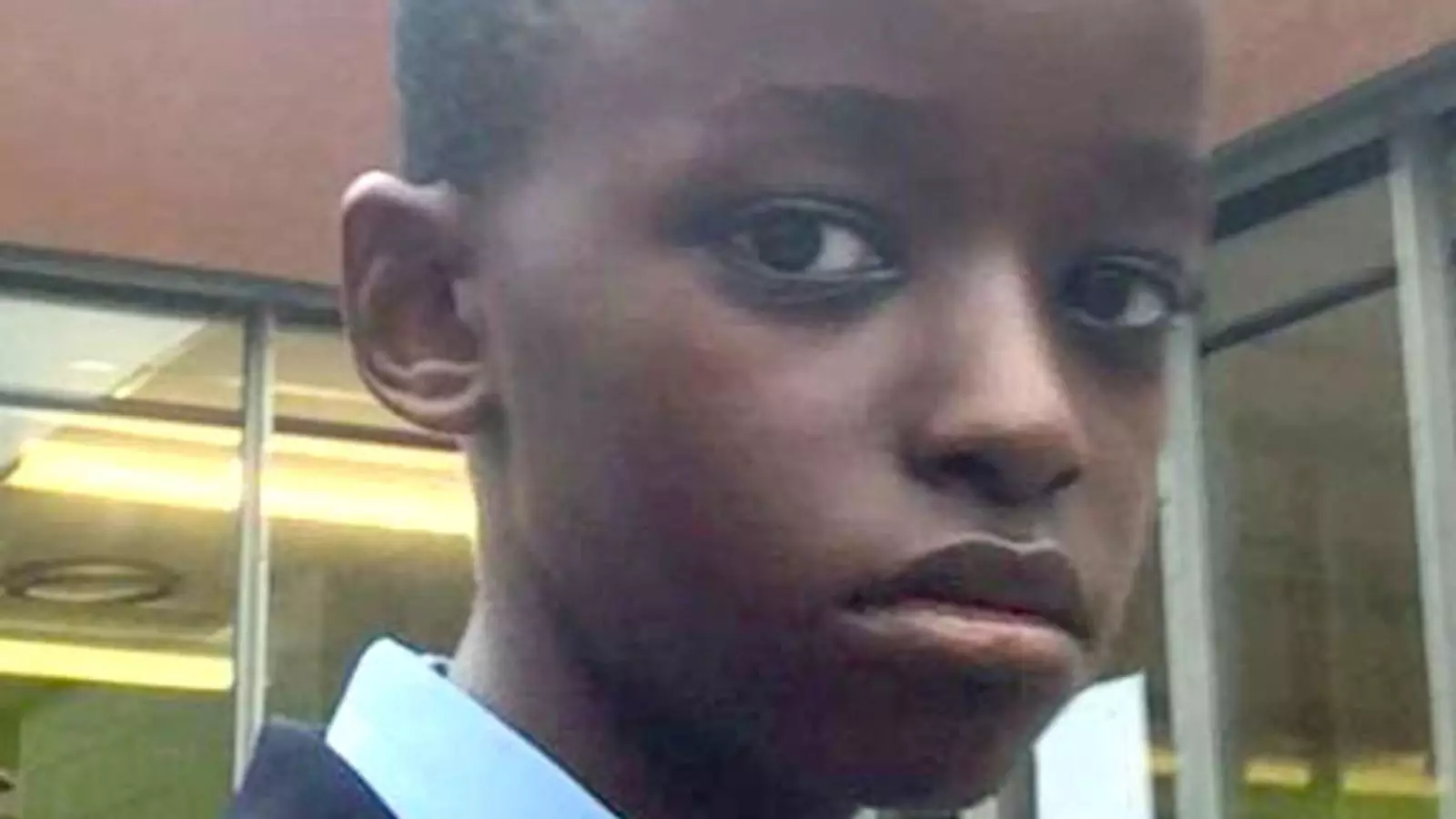In a shocking incident that captivated the UK, the Southport stabbings led to a public outcry and significant legal ramifications. The central figure in this heartbreaking event, Axel Rudakubana, 18, has been charged with multiple serious offenses, including three counts of murder following the tragic deaths of three children—Bebe King, six, Elsie Dot Stancombe, seven, and nine-year-old Alice da Silva Aguiar. These allegations stemmed from a horrific attack that occurred during a Taylor Swift-themed dance class, an occasion that was meant to be a joyful gathering for children and families.
The sheer gravity of the situation cannot be overstated. The loss of young lives sent ripples of grief through the community and the nation. Further complicating the narrative is Rudakubana’s alleged possession of dangerous materials: ricin, a biological toxin, and an al-Qaeda training manual. These findings have raised questions about the motivations behind the stabbings and whether they were part of a more extensive, sinister plan.
Rudakubana’s legal troubles did not stop at the initial charges of murder. Recently, he was brought before Westminster magistrates’ court via videolink from Belmarsh prison, where he faces severe accusations related to the production of a biological weapon and possession of terrorist-related information. The legality of these charges falls under various legislative frameworks, including the Biological Weapons Act and the Terrorism Act of 2000, which demonstrate the gravity with which authorities are treating this case.
During the brief court appearance, Rudakubana exhibited a curious demeanor, obscuring his face with his sweater and opting to remain silent when asked to confirm his identity. His barrister, Stan Reiz KC, indicated that his client had personal reasons for not engaging, raising concerns about his mental state and the circumstances that led to such catastrophic actions.
Importantly, Rudakubana also faces charges of attempted murder related to injuries inflicted on eight other children, as well as on dance instructor Leanne Lucas and businessman John Hayes. These layers of complexity suggest a deliberate assault rather than a spontaneous act of violence, prompting a need for both a thorough investigation and a serious public discourse on the implications of such actions.
In addition to the legal proceedings, the aftermath of the stabbings has opened floodgates of societal fallout. Misinformation regarding Rudakubana’s background escalated tensions in communities across the UK, leading to far-right riots fueled by unfounded claims about his identity as an asylum seeker. This narrative not only heightened social strife but also drew attention to the pervasive issue of misinformation in today’s digital age.
The police response to the riots has been equally severe, with over 1,500 arrests made in the wake of civilian unrest and nearly 400 individuals jailed. This has sparked debates about civil liberties, governance, and the efficacy of law enforcement in managing public discourse.
Political responses to the incident have further complicated matters. Questions from opposition leaders regarding whether vital information had been withheld from the public have added a political dimension to an already tragic event. The government’s insistence that the timing of the charges was a decision made by the Crown Prosecution Service showcases the tension between law enforcement agencies and political accountability.
As the case progresses toward the planned plea and trial preparation hearings set for November, the nation holds its breath. This incident necessitates national introspection – not just concerning public safety and the adequacy of current legal frameworks, but also around societal narratives that can so easily spiral out of control in a climate of fear and misinformation.
In dealing with tragedies of this magnitude, it is paramount for communities to come together and evaluate the factors leading to such hostile acts. The Southport stabbings, while a call to action for better safety measures and peaceful coexistence, remind us of the importance of clarity, compassion, and community support in healing from the scars of violence.
The case of Axel Rudakubana is not merely a legal matter, but a societal reflection on issues of safety, mental health, and the influence of public perception. As the situation unfolds, the implications extend beyond the courtroom, invoking a need for societal re-evaluation in the face of tragedy.

Leave a Reply